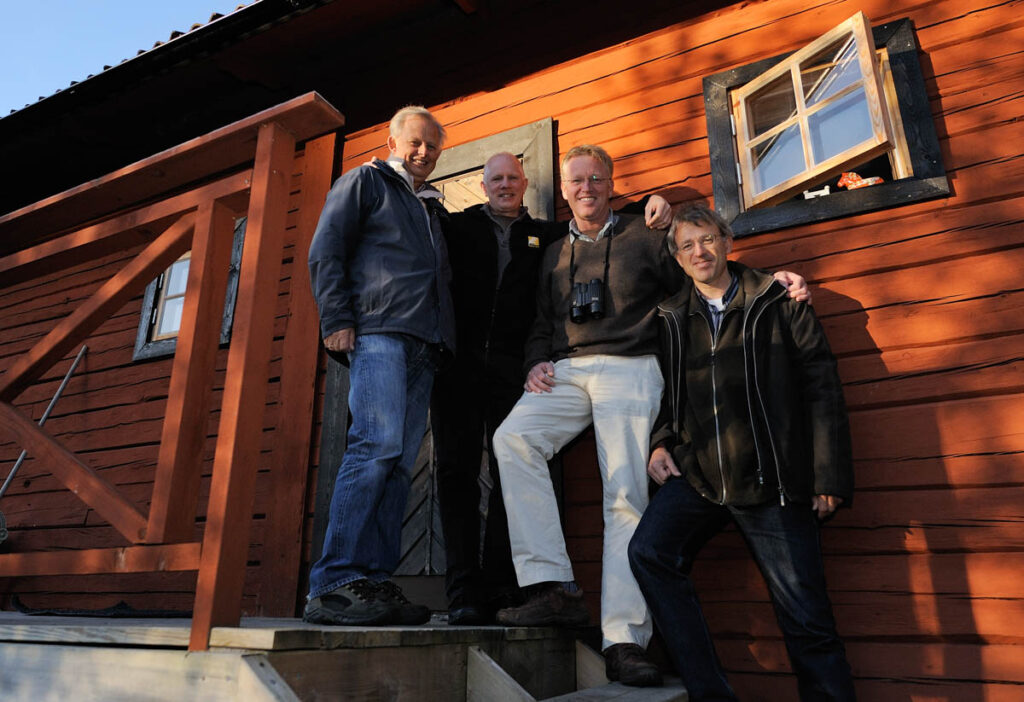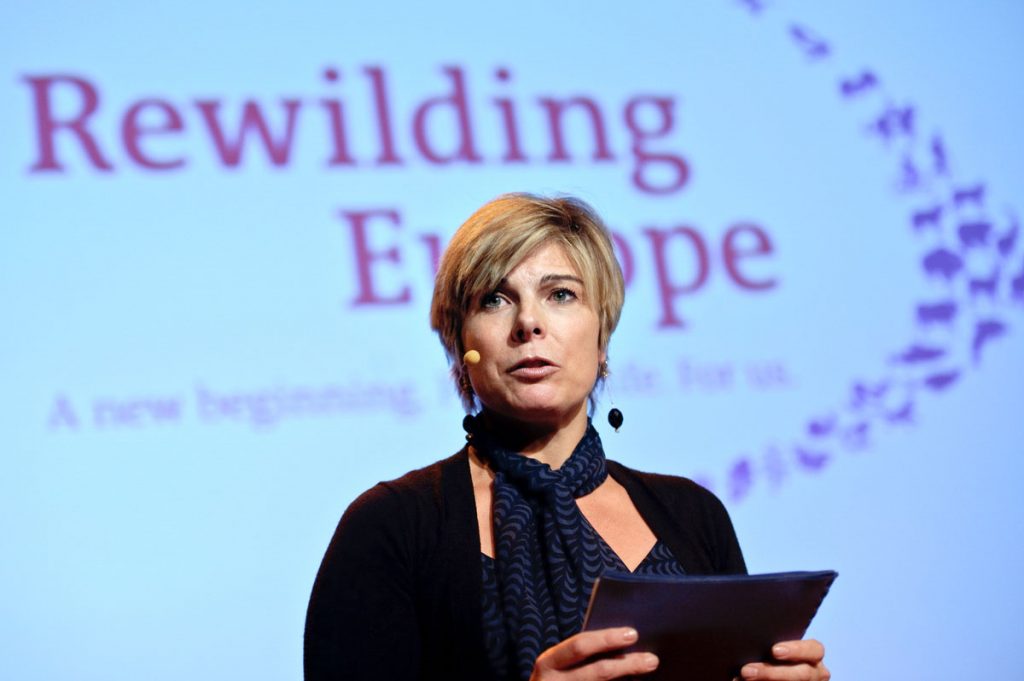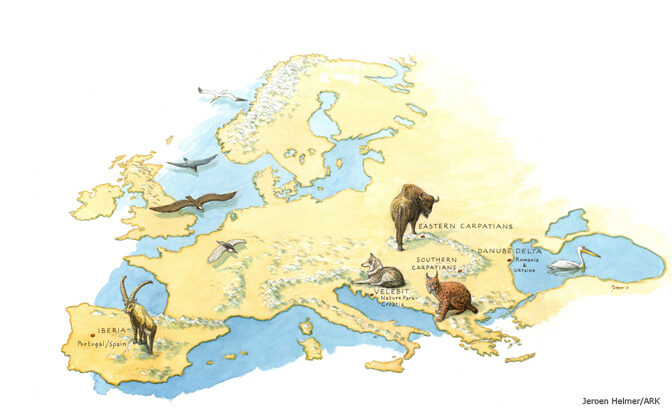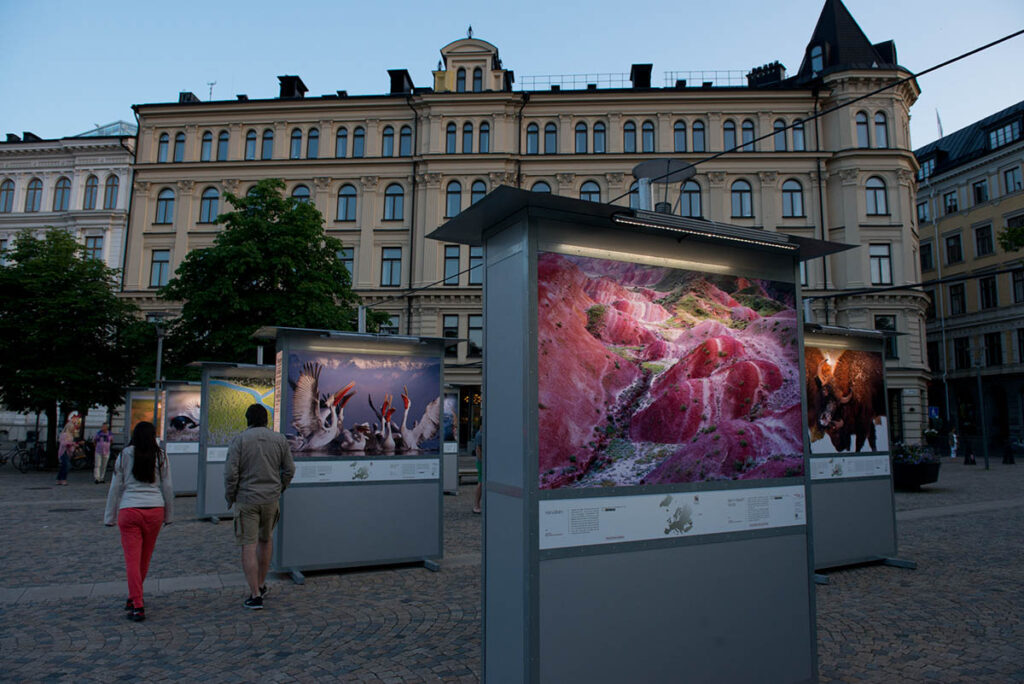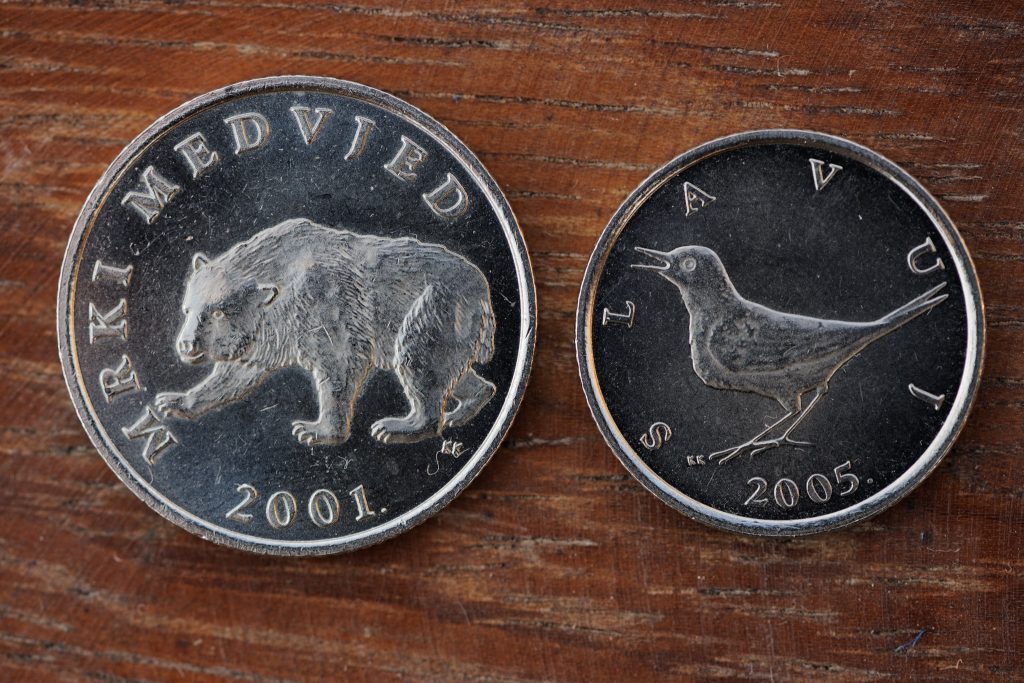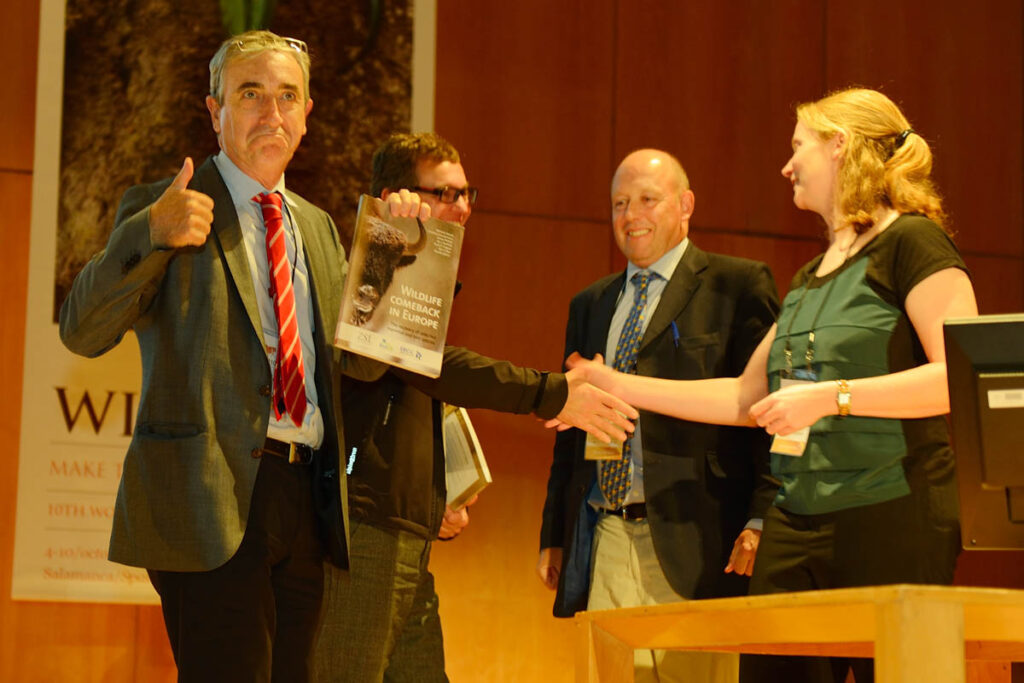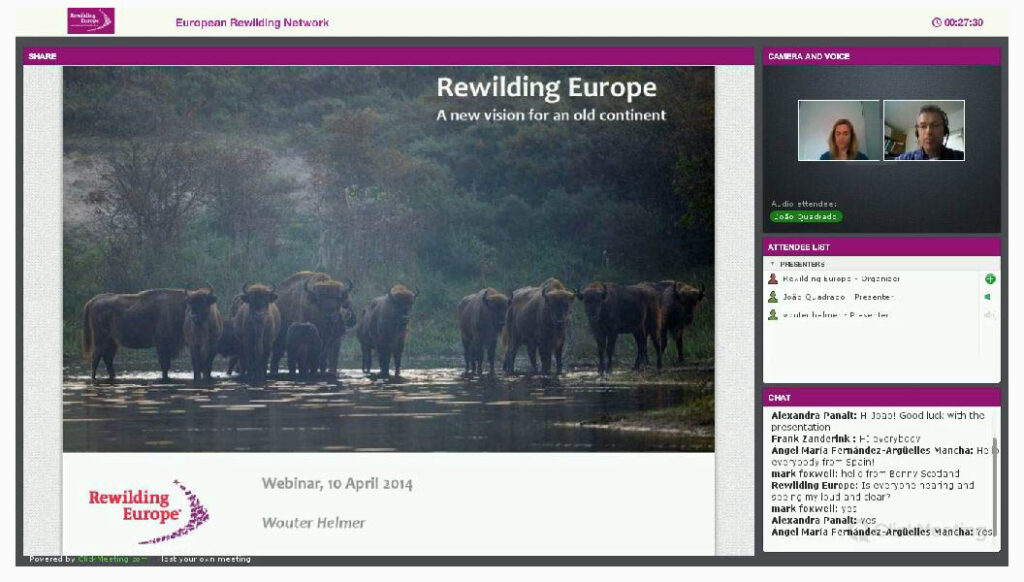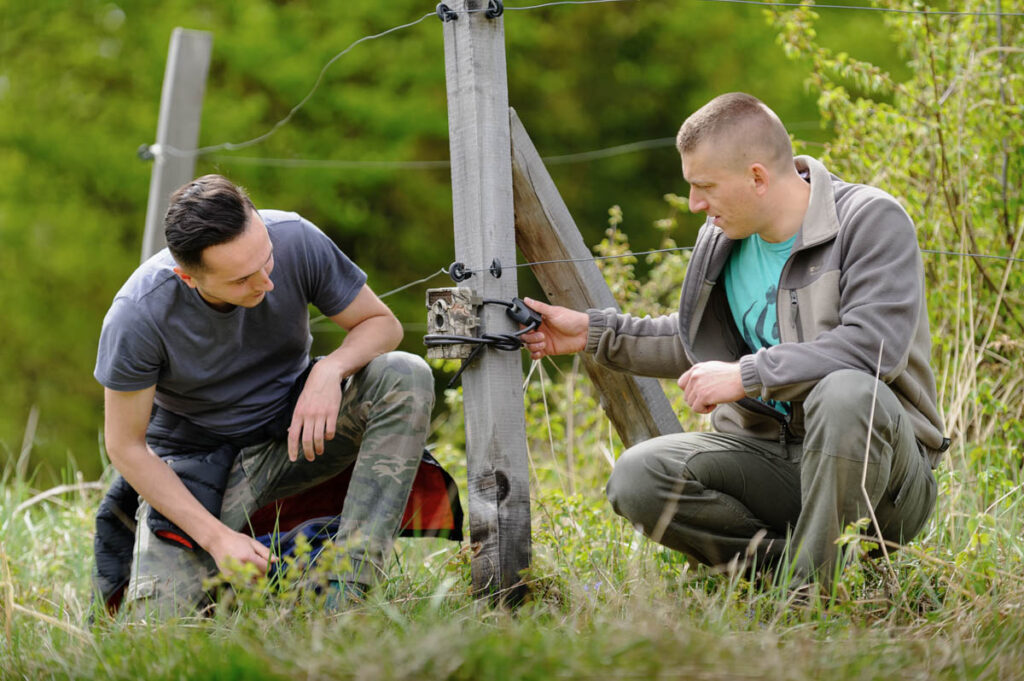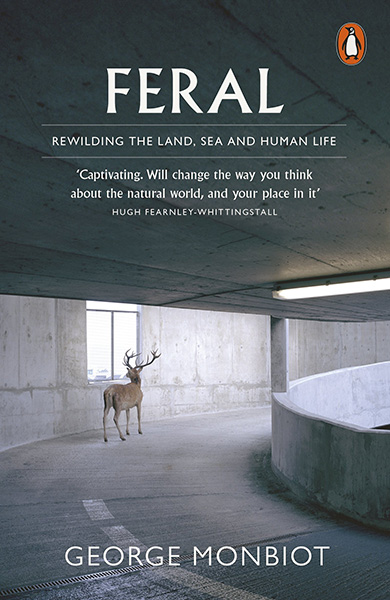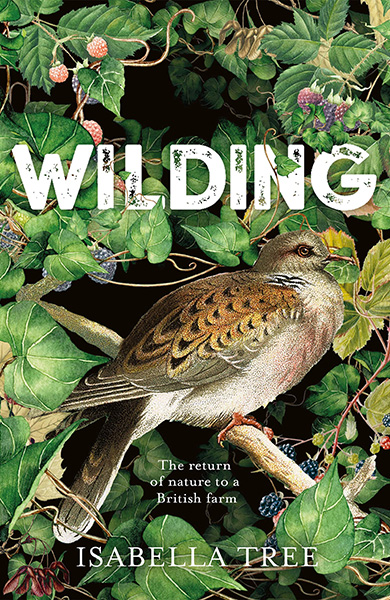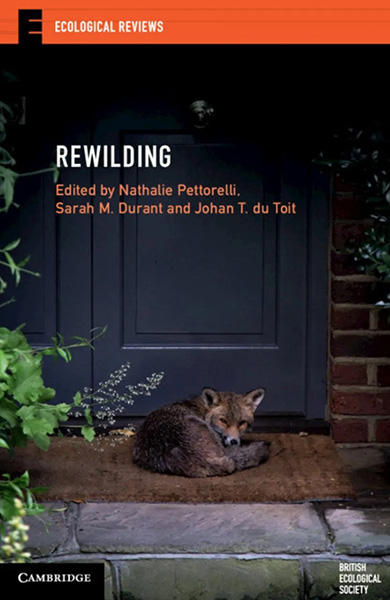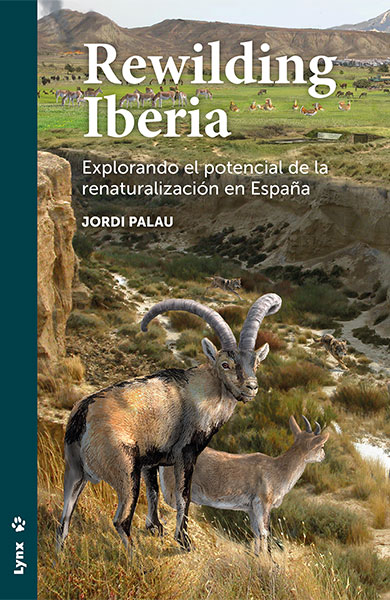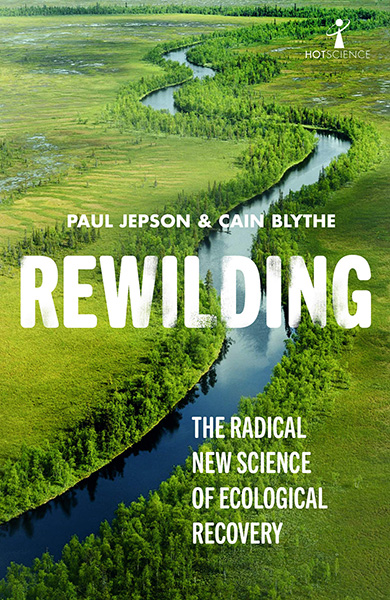10 years of Rewilding Europe
Major milestones along the way
Gathering momentum
Today, Rewilding Europe works at the forefront of a blossoming pan-European rewilding movement, with a growing number of rewilding initiatives mushrooming across the continent. Characterised by its inspirational message and backed up by real-life demonstrations of how nature recovery can benefit Europeans and European nature, rewilding is capturing hearts and minds on an ever-increasing scale.
Having first appeared in print in 1990, the word “rewilding” entered the dictionary in 2011 – the year that Rewilding Europe was founded. It was further popularised by George Monbiot’s 2013 book Feral, which advocated the concept of letting nature manage itself and embracing natural change in the landscape. The number of books on rewilding has continued to multiply, while luminaries such as Greta Thunberg, Sir David Attenborough and Leonardo di Caprio have all thrown their weight behind rewilding, helping to generate additional support and momentum on a global scale.
Stronger together
Over the last decade rewilding communities and networks have brought growing numbers of like-minded rewilding enthusiasts, experts and initiatives together, stimulating discussion, facilitating exchange and enhancing rewilding impact. Rewilding Europe’s European Rewilding Network, for example, goes from strength to strength – founded in 2013, it now comprises more than 70 members across 28 countries.
Established in 2019, Rewilding Europe’s burgeoning European Young Rewilders Community is also working to create a wilder Europe by uniting young professionals and enthusiasts from across the continent. And the Global Rewilding Alliance, which was founded in 2020, brings together rewilding initiatives from six continents; the alliance oversaw the launch of World Rewilding Day, which was celebrated for the first time on March 20, 2021.
Rising science
Underpinned by practical efforts and achievements, the last decade has seen an ever greater scientific focus on nature recovery. Inspired by rewilding’s positive message and can-do philosophy, more and more young people are choosing to become involved in the science of rewilding. Supported by Rewilding Europe, Dr. Liesbeth Bakker became Europe’s first professor of rewilding in April 2020 – she is already doing great work developing a pan-European scientific network and inspiring and educating the next generation of rewilding scientists.
“There has been a massive development in the field of rewilding science over the last 10 years, and particularly in more recent years,” says Bakker. “Rewilding practice initially fed science with information and data from the field, and now it’s science’s turn to give something back. The development of the rewilding scale and a new way of measuring rewilding progress are examples of this. This type of structured, quantitative scientific approach is helping the rewilding movement move forwards by demonstrating impact.
“As it continues to evolve, the rewilding movement needs to be informed by the best science possible. Over the last 10 years the number of people involved in rewilding science and the number of scientific studies on rewilding have steadily increased (see infographic). We are now educating the future generation of rewilders – with their talent, vision and energy, the next decade promises to be even more exciting.”
“We are now educating the future generation of rewilders – with their talent, vision and energy, the next decade promises to be even more exciting.”
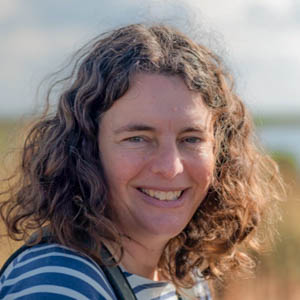
Dr. Liesbeth Bakker
Special Professor of Rewilding Ecology at Wageningen University
Corporate connections
Against the backdrop of biodiversity decline, rising global temperatures and the ravaging impact of Covid-19, there has never been a greater awareness of our need for nature and the wide range of benefits it provides. Over the last decade, funding for rewilding has increased as a growing number of businesses, investment institutions and philanthropists have chosen to take financial decisions that help to restore nature in a holistic way.
A partnership between Rewilding Europe and UK-based adventure travel company Exodus Travels, for example, is already bearing fruit in the Central Apennines rewilding area in Italy. Exodus are funding a “Nature and Carbon Corridors” initiative, through which a minimum of 100 square metres of wildlife corridor land will be rewilded for every client that books a trip with the company.
“There is a growing awareness in the corporate sector that the climate and ecological emergencies are inextricably linked,” says Kasia Morgan, Head of Sustainability and Community at Exodus. “At Exodus we really wanted to develop a climate action plan that focused on more than just mitigating our negative impacts, and which proactively supported the restoration of nature that we all depend on. This led us to rewilding and Rewilding Europe.”
Morgan is optimistic that the business sector can make a significant difference in helping to drive rewilding forwards.”Factors such as Covid-19 and a greater understanding of our impact on nature have really changed the way corporations view nature recovery and conservation over the last few years. I think businesses are also waking up to the fact that investing in rewilding is a much more tangible way of engaging with clients and stakeholders – in our case talking to our customers about how we are protecting and restoring the nature that surrounds them when they go for a hike, for example.
“Business now needs to urgently ramp its efforts, in the travel sector and beyond, to support nature recovery. You’d be hard pressed to find an industry that doesn’t have its roots in nature. Investing in rewilding and nature restoration isn’t just a PR exercise – it’s something that companies need to take seriously for their own long-term survival.”
“Business now needs to urgently ramp its efforts, in the travel sector and beyond, to support nature recovery. You’d be hard pressed to find an industry that doesn’t have its roots in nature.”

Kasia Morgan
Head of Sustainability and Community at Exodus
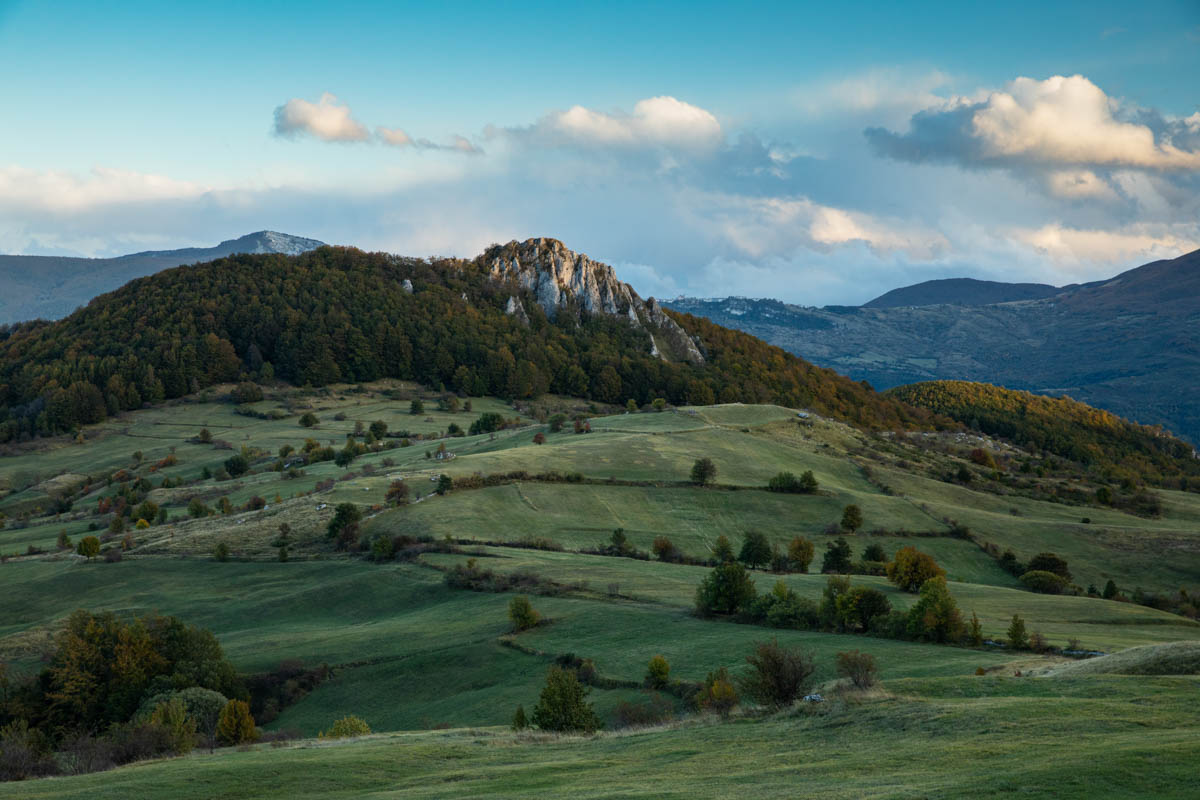
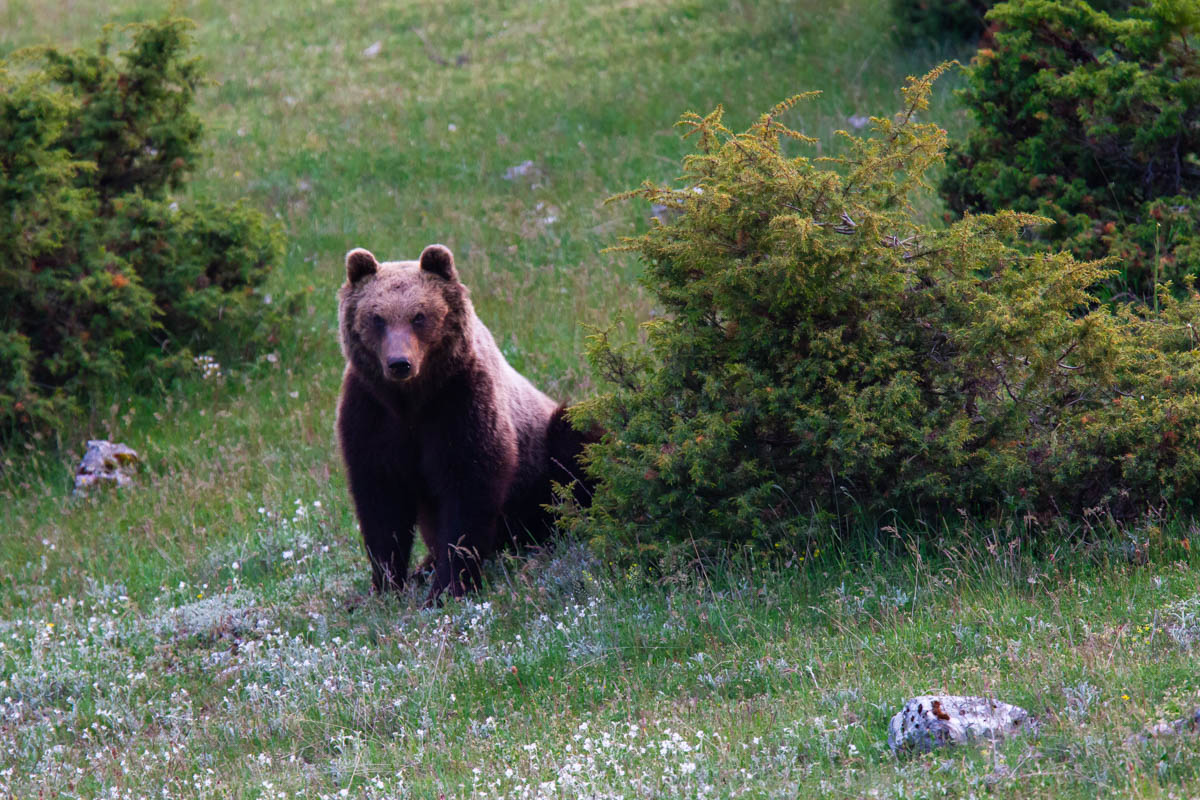
The policy perspective
From the very beginning, it has been Rewilding Europe’s mission to practice rewilding in the field, rather than simply talk about it. Together with our local partners we are now working in nine large pioneering areas in Europe to realise our vision, providing inspiration for hundreds of other rewilding initiatives, and underpinning the ongoing growth of the rewilding movement.
Despite this focus on the practical, Rewilding Europe recognises the critical role of European policy in enabling rewilding to happen at game-changing scale, and has produced a range of important rewilding-related policy documents over the last 10 years. Rewilding is increasingly recognised and supported as an effective and potentially transformative nature-based solution.
“Rewilding Europe’s principle approach has always been to influence policy by showing policy makers tangible examples of what rewilding can achieve on the ground,” says Frans Schepers, Rewilding Europe’s Managing Director.
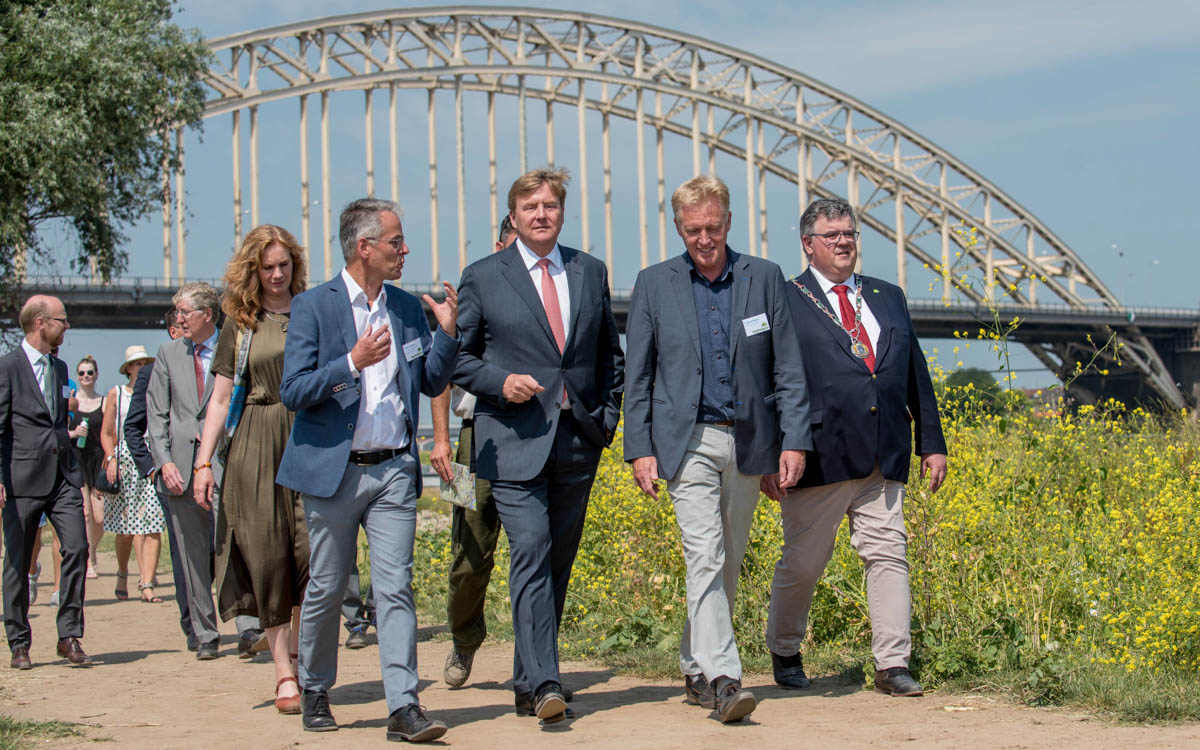

An inspirational narrative
As a fresh, ambitious and inclusive approach to conservation, rewilding corresponds with a growing desire to move beyond a defensive focus on nature protection towards a proactive agenda of nature recovery.
Ecosulis Head of Innovation and leading UK-based rewilding expert Dr. Paul Jepson has suggested that rewilding signifies the emergence of an entirely new environmental narrative. This was the subject of his opening presentation at the popular Rewilding Symposium, which took place in December 2020, and is also covered in “Rewilding: The Radical New Science of Ecological Recovery“, a seminal rewilding book co-authored by Jepson which was first published in 2020.
“Over the last 10 years the rewilding movement has evolved to the point where it is now becoming a real social movement,” says Jepson. “I think public enthusiasm for rewilding can be attributed to a number of factors: its hopeful and inspirational narrative, its clear goal and ambition, the establishment of a set of rewilding principles, the growing connection between the nature and climate agendas, the fact that rewilding connects nature recovery with the forces of culture, technology and economy to generate new value for people and nature, and the growth of high-level support exemplified by the UN Decade on Ecosystem Restoration.”
Solution-oriented
Another reason for rewilding’s popularity is the fact that it provides solutions to so many of today’s pressing challenges. Restoring nature makes sense on many levels; it can help to lock up more atmospheric carbon to fight climate change; it can reverse biodiversity decline by creating healthier, more vibrant ecosystems; it can help to fight pandemics by enhancing resilience to disease, and it can rejuvenate rural communities by supporting the growth of nature-based economies. Healthier nature is better able to provide us with benefits that are essential to human existence, such as clean air, fresh water, more fertile soil and improved health and wellbeing.
“I think one of the reasons why more and more environmentally and socially aware corporations are choosing to invest in rewilding is because it offers so much more than tree planting and carbon offsetting schemes,” says Tali Bielski, Managing Director Union of Nature & Director of Partnerships at Amsterdam-based EarthToday. “Rewilding delivers a whole range of positive impacts for nature and society.”wildli
Union of Nature aims to accelerate funding for global nature protection through EarthToday’s innovative, multi-faceted engagement programme. Kicking off in 2020, a collaboration between Rewilding Europe and EarthToday means anyone can now sponsor the rewilding of land in the Greater Côa Valley in northern Portugal.
Wildling Shoes is another business that has chosen to invest in nature recovery. The company is currently supporting rewilding in the Rhodope Mountains of Bulgaria after a partnership agreement was signed with Rewilding Europe in 2021.
“One of the main reasons that we chose to support Rewilding Europe is because the rewilding approach generates value for people and local communities and has this whole socio-economic angle,” says Anna Yona, Founder and Company Lead of Wildling Shoes. “By making more space for nature, rewilding also allows more people to experience nature, which is something we want to promote as a brand.”
Holistic outlook
Rewilding isn’t only about nature, it’s about people too. By acting in context, rewilding aims to embrace the role of people and their cultural and economic connections with the land, with the comeback of wildlife and revitalisation of natural processes providing an array of new opportunities to enrich lives and livelihoods.
One business that has benefitted from rewilding is wildlife tour operator Wildlife Portugal, which received a loan from Rewilding Europe’s enterprise loan facility Rewilding Europe Capital in 2016 to construct birdwatching hides. The company specialises in wildlife watching, nature conservation and education within the Greater Côa Valley, with a primary focus on the Faia Brava Reserve. In addition to the hides, which are perfectly positioned to see the reserve’s vultures, it also offers a range of other activities, including guided hikes, photography tours and 4×4 safaris.
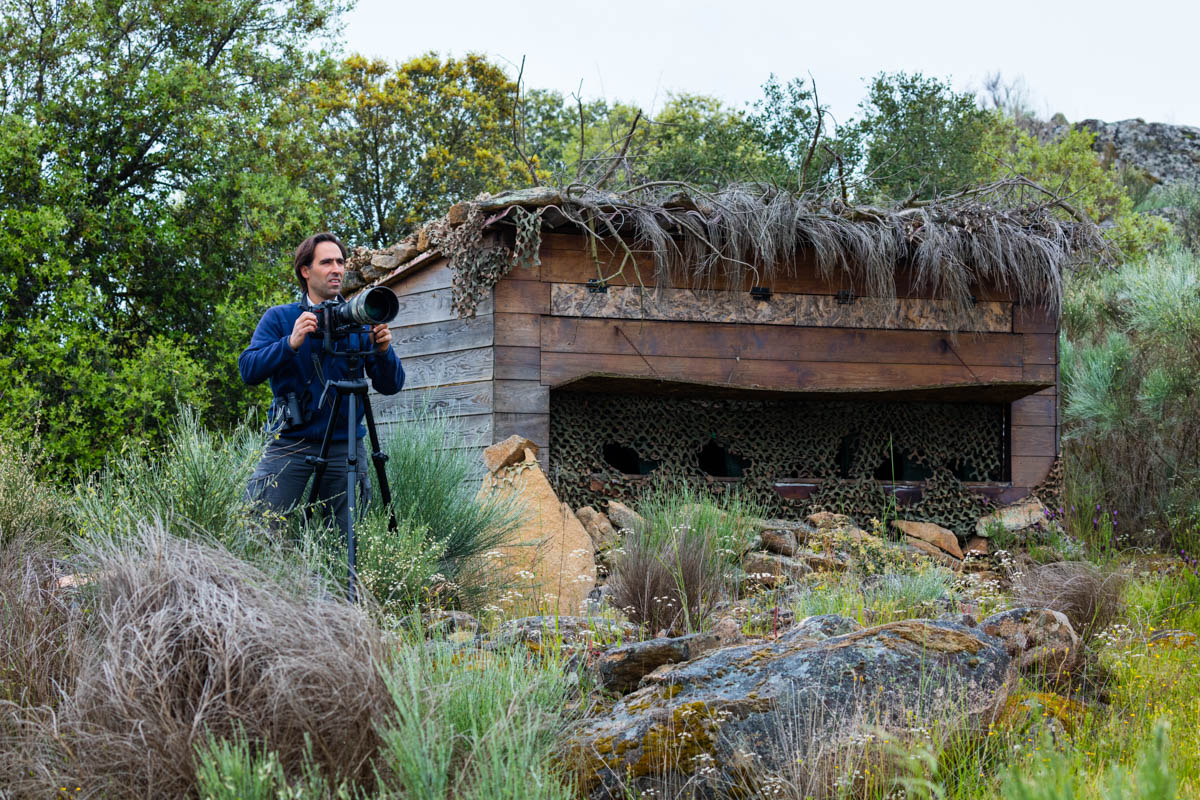

“I think the socio-economic benefits delivered by rewilding have been essential to the development of the rewilding movement,” says Wildlife Portugal founder and executive director Fernando Romão. “If you look at the Greater Côa Valley, for example, more and more international visitors are coming here because of rewilding. The local villages here have definitely noticed more activity as a result.”This area has also been losing young people for a long time, because of a lack of employment opportunities. Rewilding initiatives are now providing these opportunities on a growing scale. The Rewilding Portugal team currently comprises 15 people, most of them young. Rewilding is giving them an opportunity to stay in the area and earn a living.”
Pivotal progress
Over the last 10 years Rewilding Europe has supported and accelerated the growth of the movement in many ways. Fundamental to this process have been our eight operational areas, which recently became nine with the addition of the Affric Highlands in Scotland. These have served as practical demonstrations of rewilding and showcased the wide-ranging benefits that nature recovery can generate. We have communicated about our work and its positive impact via our website, social media, Annual Review, newsletter and a wide range of other platforms and publications.
Interest in rewilding has increased sharply in recent years: from journalists and policy makers to entrepreneurs and the younger generation. This has led to an increase in media coverage, website traffic, online community growth and newsletter subscriptions. In 2020, for example, a total of 859 articles were published in the media about Rewilding Europe, reaching at least 45 million people. By the end of the year, more than 400 young rewilders had joined the European Young Rewilders Community Facebook group, nearly 10,000 people had subscribed to the Rewilding Europe newsletter, and 84,000 people were following Rewilding Europe on social media platforms.
Europe’s New Wild, a six-part documentary series that screened from August to November 2020, opened the eyes of many people across the world to the beauty of European nature and the importance of rewilding. Broadcast in 160 countries, the series featured extensive footage from six rewilding areas and was co-produced by Rewilding Europe, Off the Fence Productions and Bonne Pioche Television. A fantastic outreach tool, Europe’s New Wild aligns with Rewilding Europe’s core objective to boost interest in the wild and had a significant impact on the growth of the global rewilding movement.
We have also established a number of pioneering initiatives and programmes, such as the European Rewilding Network, the European Young Rewilders Community, and the Rewilding Training Tourism Programme, which is focused on developing and upskilling the guiding and hospitality segment of Europe’s nature tourism sector. By educating, inspiring and equipping rewilding practitioners and enthusiasts with relevant skills and expertise, these have all given the rewilding movement added impetus.
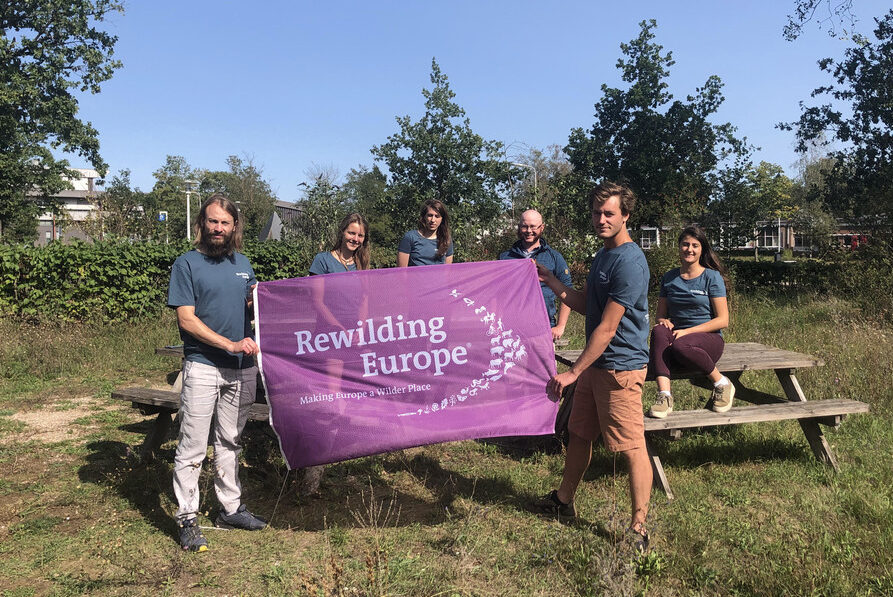
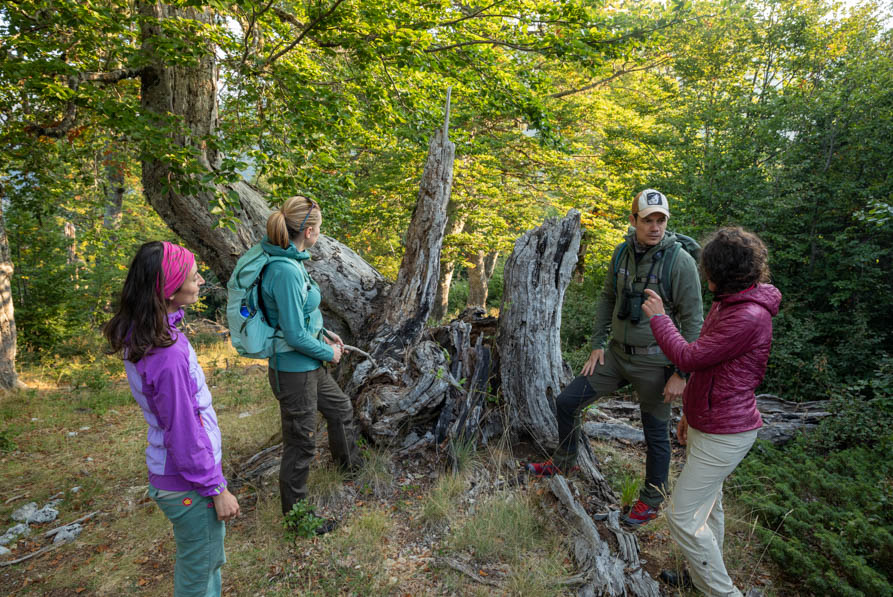
Rewilding Europe has also performed a key role as a collaborator and convener, working with a whole host of initiatives and individuals across Europe and beyond to promote rewilding and enhance rewilding impact. From the Dutch Postcode Lottery and the Zoological Society of London to EarthToday and Rewriting Extinction, we have partnered with a growing range of NGOs, charitable organisations and corporations to facilitate investment in nature recovery and push the boundaries of rewilding.
And we have organised myriad rewilding-related events, both at the rewilding area and central level. The Rewilding Symposium, for example, which was held at the end of 2020, attracted over 2000 participants. Rewilding Europe also convened a meeting of leading rewilding practitioners in the Spanish city of Cuenca in November 2019 – this saw the development of our rewilding principles, and led to the Call to Action for a Wilder Europe.
Future focus
At Rewilding Europe we want to see the rewilding process taking place on an increasing scale across Europe. As we move forward with our own initiatives to make Europe a wilder place, accelerating the growth of the rewilding movement and encouraging others to adopt the rewilding approach will continue to be critical. Communications and marketing, developing and strengthening networks, policy efforts with partners, and scientific work will all have a key role to play in this amplification process.
With the rewilding movement gathering pace, these are exciting times to be involved in the rewilding sector.
“The growth of the movement over the last decade has been incredible,” says Dr. Paul Jepson. “In another 10 years, rewilding will be in the cultural mainstream. People desperately needed a new conservation movement that they could shape themselves. Over the last 10 years, I think it’s fair to say that Rewilding Europe has been instrumental in building the architecture of that movement.”
“The growth of the movement over the last decade has been incredible. In another 10 years, rewilding will be in the cultural mainstream.”

Paul Jepson
Ecosulis Head of Innovation
The rewilding movement is about co-creating a wilder, better future. Whether you’re a citizen, entrepreneur, land manager, policy maker or scientist, there’s room for you to get involved. Only by scaling up rewilding can we help nature help us to fix our biggest problems, and your support, energy and creativity is more important than ever. Join the rewilding movement and let’s create a wilder Europe together.
Support a wilder Europe!
There are many ways you can help and become part of the European rewilding movement.
Donate and become part of the rewilding movement. You can support rewilding actions all over Europe. Visit our donation platform to choose one or more actions.
Learn from our news and blog about how and why we must rewild and keep abreast of rewilding news by subscribing to our newsletter.
Partner with us! We are always looking to collaborate with organisations, institutions, foundations and companies.


